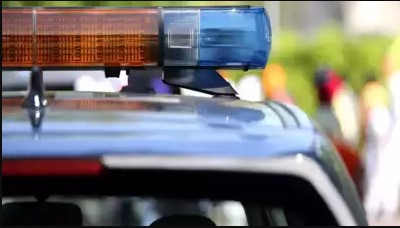Recently, the police in Tripura, India have made a significant bust in the contraband trade, seizing a total of Rs 5.89 crore worth of goods in just one month. The authorities have reported that the seizures were made during several raids and operations conducted throughout the state.
The contraband that was seized included drugs, such as marijuana and heroin, as well as illegal items like contraband cigarettes and counterfeit currency. The police have stated that the majority of these goods were being transported from other states and countries, with the intention of being sold in Tripura.
The successful seizure of these illegal items has been credited to the joint efforts of the Tripura police, the Excise Department, and other law enforcement agencies. The officers involved in the raids worked tirelessly to gather information and track down the individuals involved in the illegal trade, leading to the successful seizure of the contraband.
The authorities have also stated that they are working on cracking down on the sources of these illegal goods, in order to prevent future contraband from entering the state. This includes working with other states and countries to share information and coordinate their efforts to stop the flow of contraband.
The seizures made in Tripura serve as a strong message to those involved in the illegal trade, warning them that the authorities are taking the matter seriously and will not tolerate any illegal activity. The seizure of the contraband has not only disrupted the illegal trade but has also removed potentially harmful goods from the streets, ensuring the safety of the citizens of Tripura.
In conclusion, the recent bust of Rs 5.89 crore worth of contraband in Tripura is a significant achievement for the authorities and a step towards creating a safer and more secure environment for the citizens. The joint efforts of the various law enforcement agencies demonstrate the determination and commitment of the authorities to tackle the illegal trade and prevent contraband from reaching the state.




